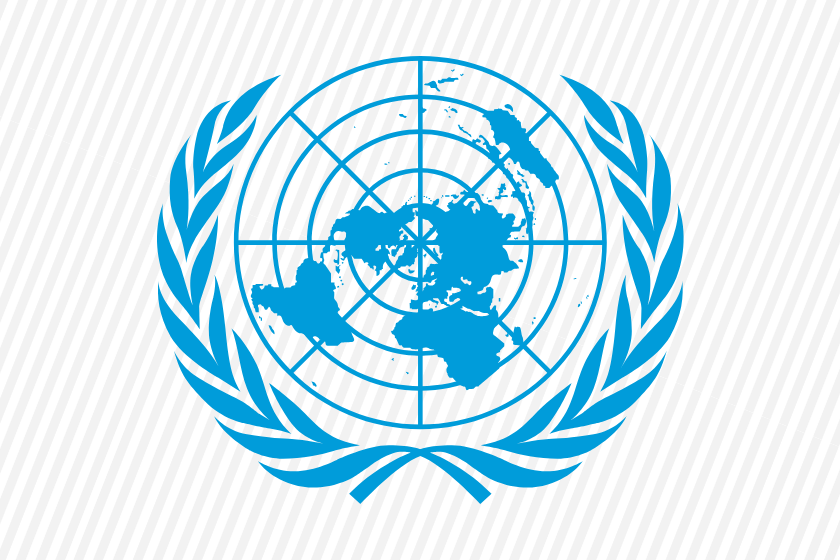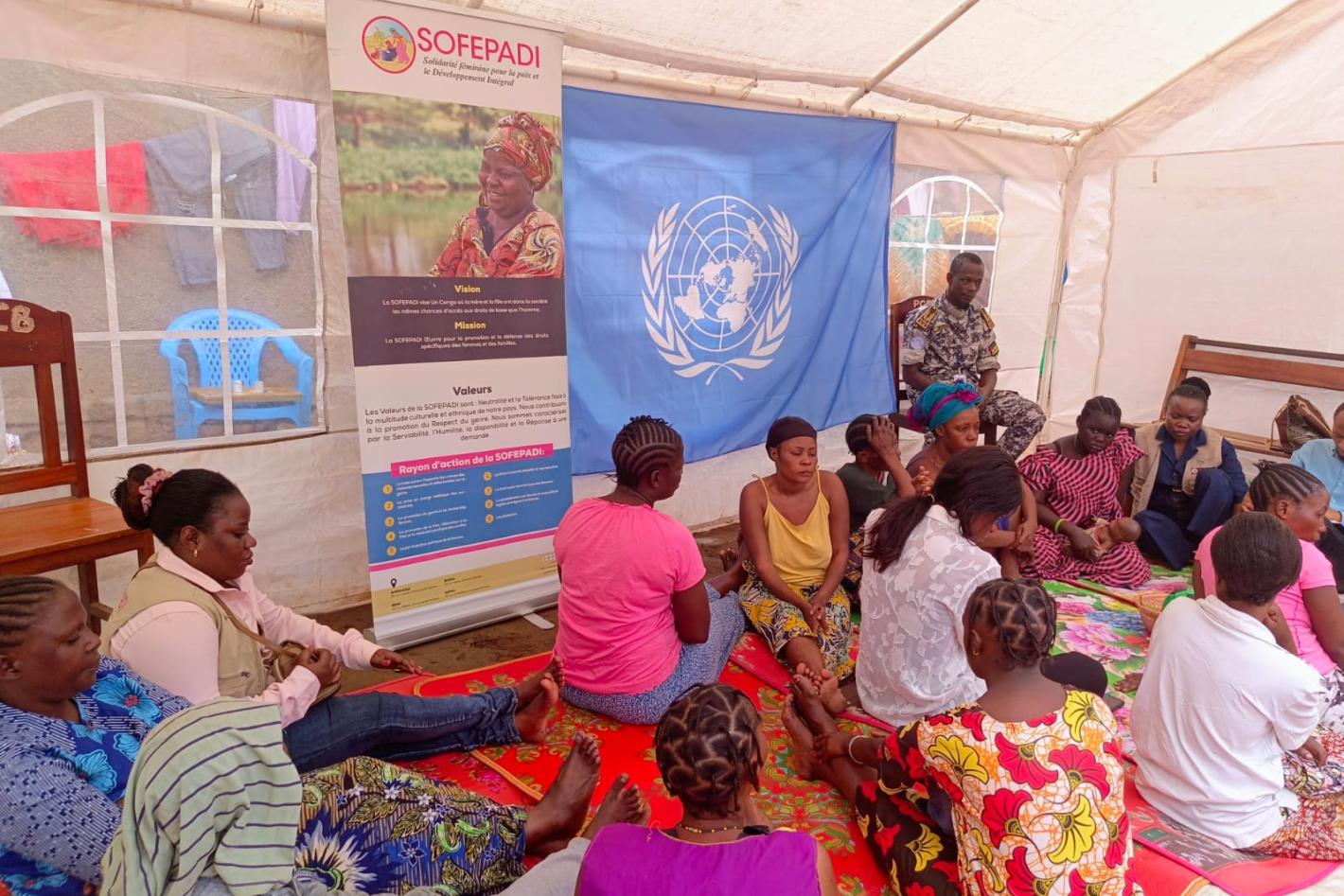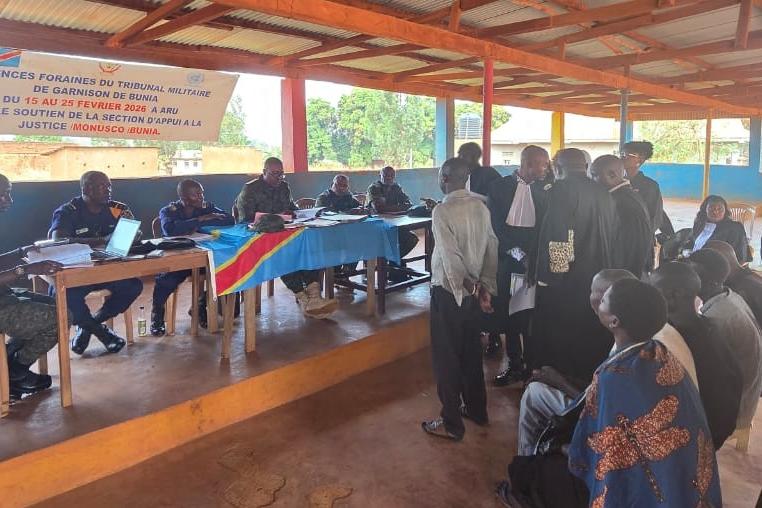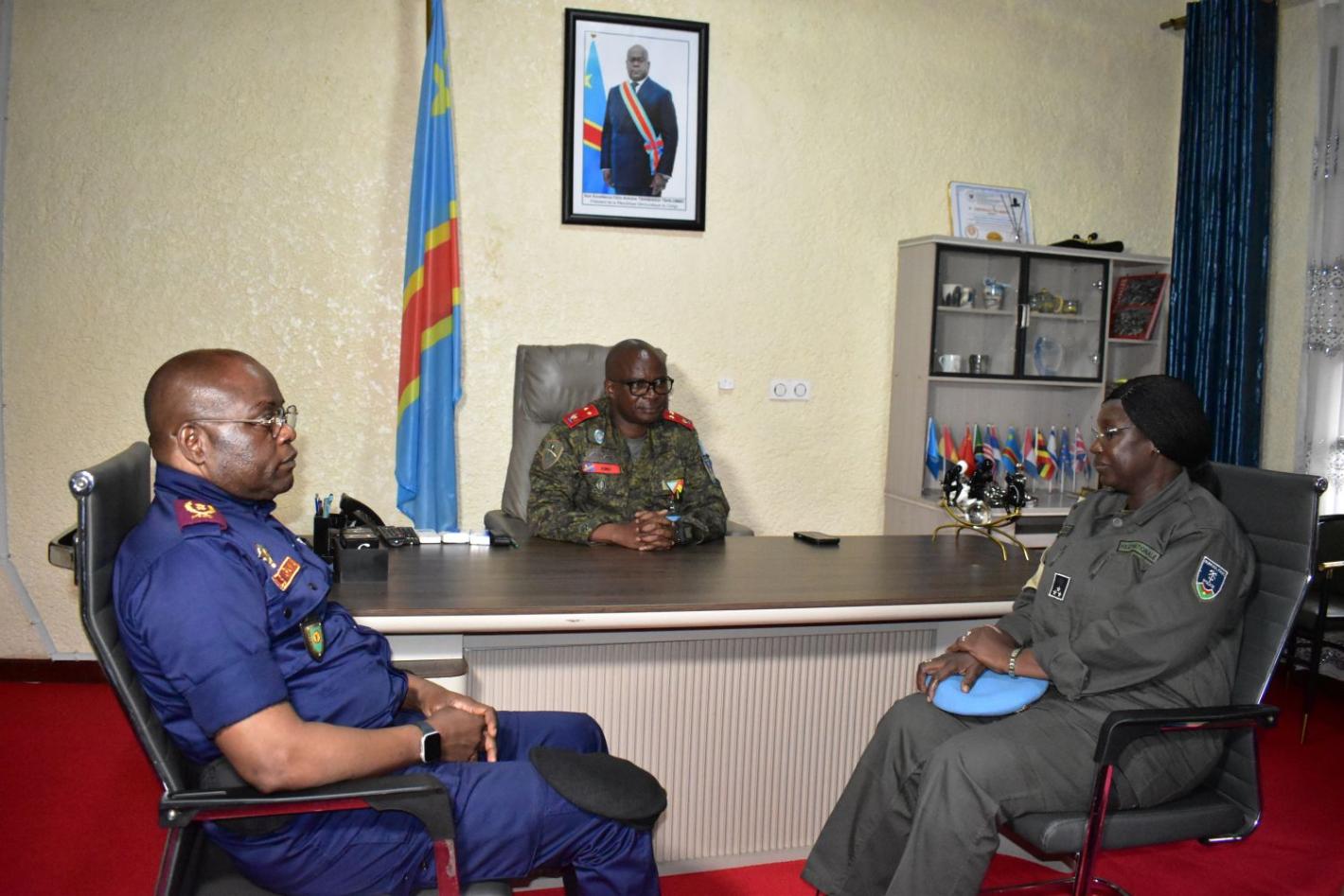“For those who still remember, Peacekeepers used to be present in several places in the country. Currently, they are in a few provinces only. MONUSCO is only present in 14 or 15 out of the 145 territories DRC has”.
The head of MONUSCO was responding to the questions put by journalists from both national and international media outlets during her official visit on Monday, August 29 to the city of Beni, North Kivu province. The media professionals were keen to have answers to the burning topical issue increasingly fueling conversations in DR Congo around MONUSCO’s exit from the DRC after more than twenty years of presence.
Bintou Keita reminded the media MONUSCO is now present in only three provinces of the DRC. “These are mainly territories where armed groups are active at the local level, including foreign armed groups, in the two Kivus and in the Ituri province”, she indicated.
In Beni, Mrs. Keita also met with the authorities, in particular the city’s mayor, the senior commissioner Narcisse Muteba Kashale. Both personalities reviewed the security situation prevailing in the area for several weeks as well as the issue relating to anti-MONUSCO demonstrations and the resumption of MONUSCO’s activities.
Addressing the media, Bintou Keita said the urban authority was rather reassuring: “I met with the city’s mayor who noted that the situation is calming down. And activities might resume any time”.
About the anti-MONUSCO sentiment
Also, during the interview with the media professionals in Beni, Bintou Keita nuanced the approach. She insisted on the fact that there are "certainly Congolese who demand MONUSCO’s departure, but there are many others who also demand that the Mission remain in the DRC and continue to support the government ".
She highlighted "when you say the anti-MONUSCO sentiment is gaining more and more ground, I am listening to the population through different stakeholders and I hear both those who are against, but I also hear those who are for. Unfortunately, those who are against are the most vocal, they are the most heard. It feels like everyone is represented through those who are the most vocal, yet that's not the case."
The head of MONUSCO went on to say, as far as she is concerned, she will side with the Congolese who constitute the silent voices and who unfortunately are terrorized and threatened by those who are the most vocal when they dare to say they have a different view from the one advocated for demanding the Mission’s departure.

Bintou Keita took this opportunity to appeal to the journalists to get involved in disseminating true information about MONUSCO for the benefit of the Congolese population: "I am therefore counting on you, the media professionals who have also been accompanying the Mission for more than twenty years. I count on you to explain what the Mission’s work is about, because you know what it has been doing and what its challenges are”.
Bintou Keita was insistent on the fact that Monusco is DRC Government’s partner, and it supports public institutions. “While taking stock of the situation, we have to be impartial. We must not take stock of a single element in the partnership, but we must do so for the whole partnership”.
Responding to a journalist's question on the final departure or not of the Mission from Butembo, Bintou Keita made it clear: “No, we did not leave Butembo. We have temporarily suspended our activities until the situation improves. We cannot work in a hostile environment; we cannot expose the staff to a hostile environment”.
A few weeks ago, MONUSCO temporarily moved its staff based in the town of Butembo to Beni following a series of anti-MONUSCO demonstrations which caused deaths both among the Congolese population and the blue helmets.







